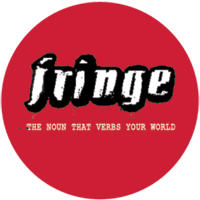Happily, there's a cure for such listlessness, and it even involves the mail. You can support the people of Burma by sending your panties to the SPDC! Dunno about you, but the image of hundreds of pairs of panties, lacy, frilly, variegated, winging their way through the postal system carefully packaged in envelopes and boxes, destined to freak out officials worldwide, just puts a smile on my face.
Andrew Buncombe writes in the Independent:
Activists seeking to pressure the Burmese regime are targeting the superstitions of its senior generals by asking for people around the world to send women's underwear to the junta.Lanna Action for Burma kicked off this campaign on October 16. You can find the nearest SPDC embassy here. Read more about ongoing protest efforts here. Happy panty-flinging!
In what may be a first, campaigners based in Thailand have called for supporters to "post, deliver or fling" the underwear to their nearest Burmese embassy. They believe the senior members of the junta – some known to be deeply superstitious – could be made to believe they will lose their authority should they come into contact with the lingerie.
"The Burma military regime is not only brutal but very superstitious. They believe that contact with a woman's panties or sarong can rob them of their power," says the website of the Lanna Action for Burma group, based in Chiang Mai, in northern Thailand. The group says that Burmese embassies have already received underwear from people in Thailand, Australia, Singapore and the UK.




